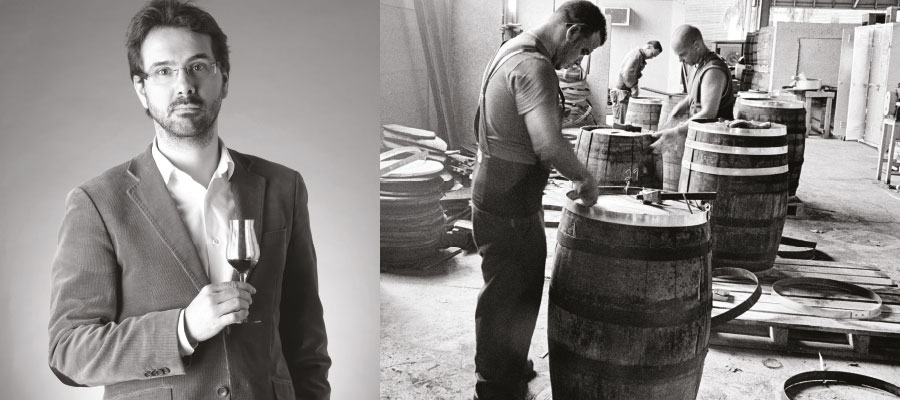
There is something new in terms of transparency, regulation and protection of rum producing areas, a subject of great interest to connoisseurs and professionals alike. Without question, the French have been at the forefront of controlled appellations and global protection of these areas; all French rums have been codified and protected since 2015, and this model has attracted other countries, notably in Latin America.
Guatemala has also introduced a Geographical Indication (GI) for its rum, recognized by the EU. Cuba has done so as well, without formal request for recognition, just like the in the case of the Venezuela DOC.
Though still in the early stages, this does seem to be picking up its pace as the EU has been funding projects for Caribbean GIs for a few months, and thus regions looking to establish geographic recognition will begin to multiply… even in former British colonies, in which legislative culture is not acclimatized to this system of protection, with a preference there for protection through branding. However, the AOC or the GI is in a way a collective branding.
Early on, Jamaica seized the opportunity to set up a GI for “Jamican Jerk” with an association of producers, large and small, charged with writing its specifications, including the use of pepper and local thyme. Jamaican rum has followed suit, guaranteeing the use of exclusively local raw materials. We may be familiar with their strong traditions and their longstanding codification of rum, including the exclusion of sweetening agents; however it is not yet formally recognized by the EU, so the Jamaican rum marketed here can still be sweetened…but for how long?
Also, Guyana has succeeded in registering its sugar, molasses and rum under its GI; meaning Demerara is not only a technique but also a designated origin and Demerara rum is produced exclusively at the Diamond Distillery: XM rums that incorporate imported rums can no longer include the traditional mention Demerara rum! The Barbados case could follow and involve almost all of the Caribbean nations in its wake.
This is all very good for those who, like us, believe rums of specific geographic origins deserve to be protected collectively by the producers and the authorities as is already the case with Cognac, Bordeaux wine or Champagne in order to better regulate the specificities of each and bring more transparency to consumers who are willing to pay more for products of guaranteed authenticity!
